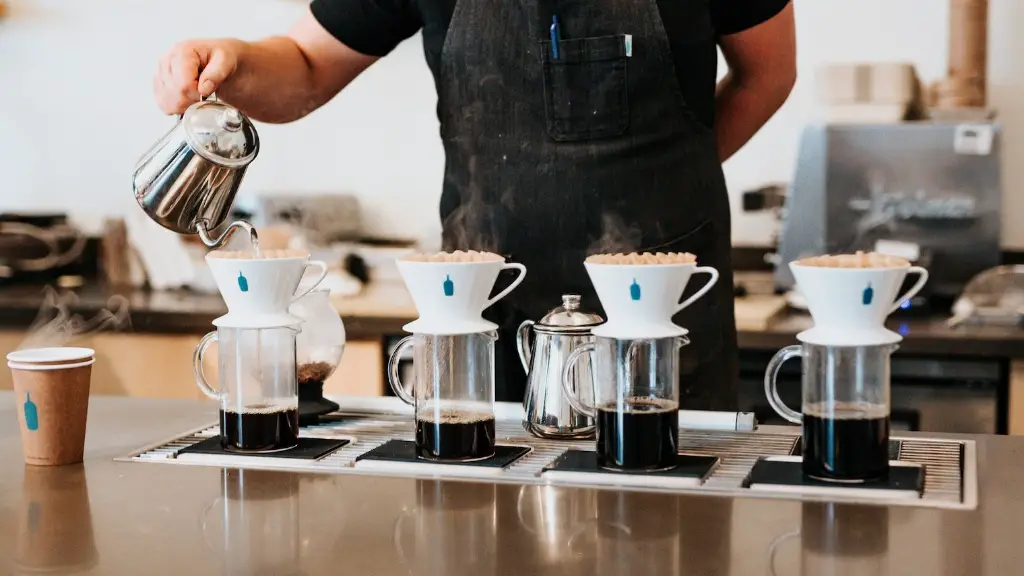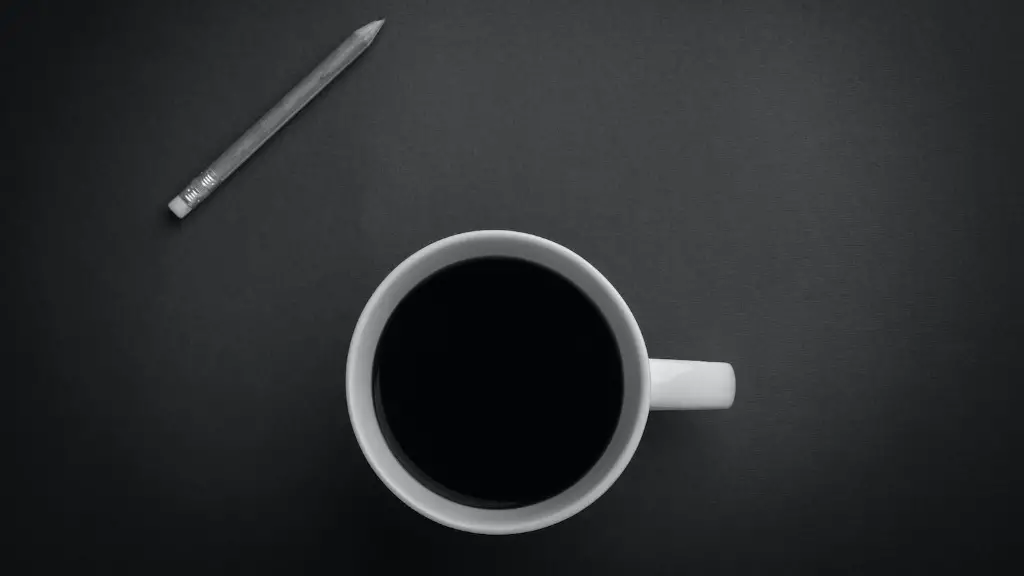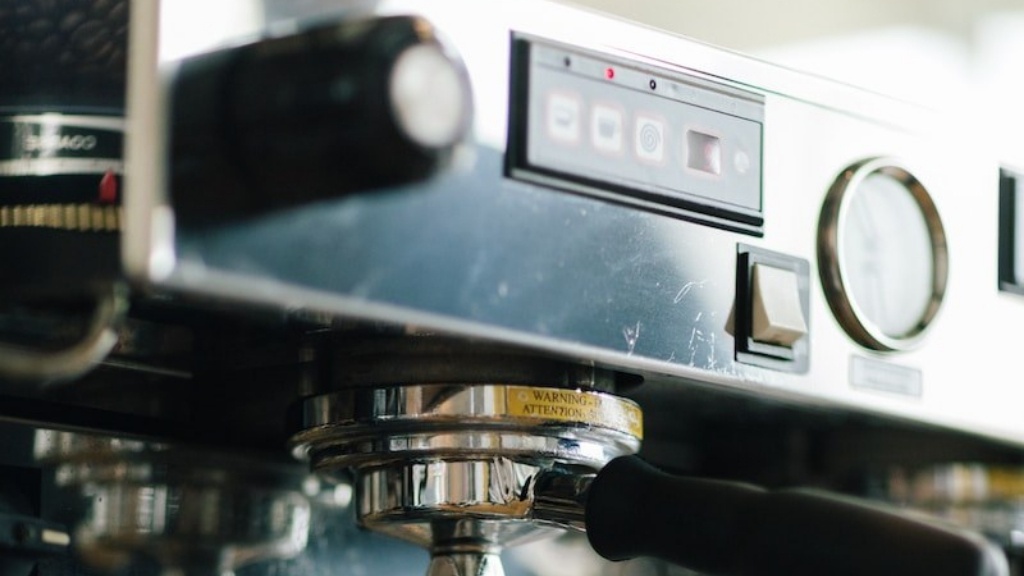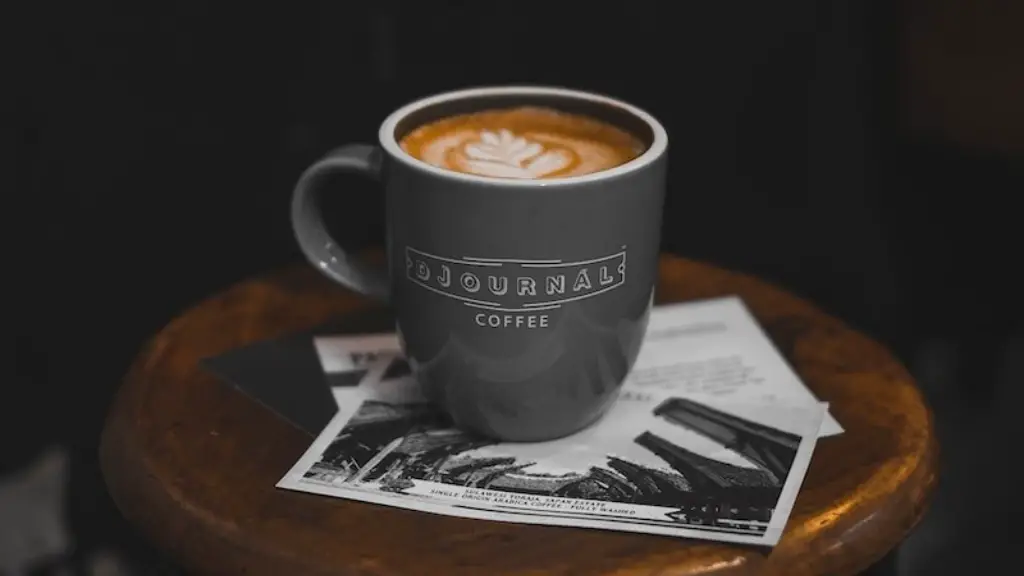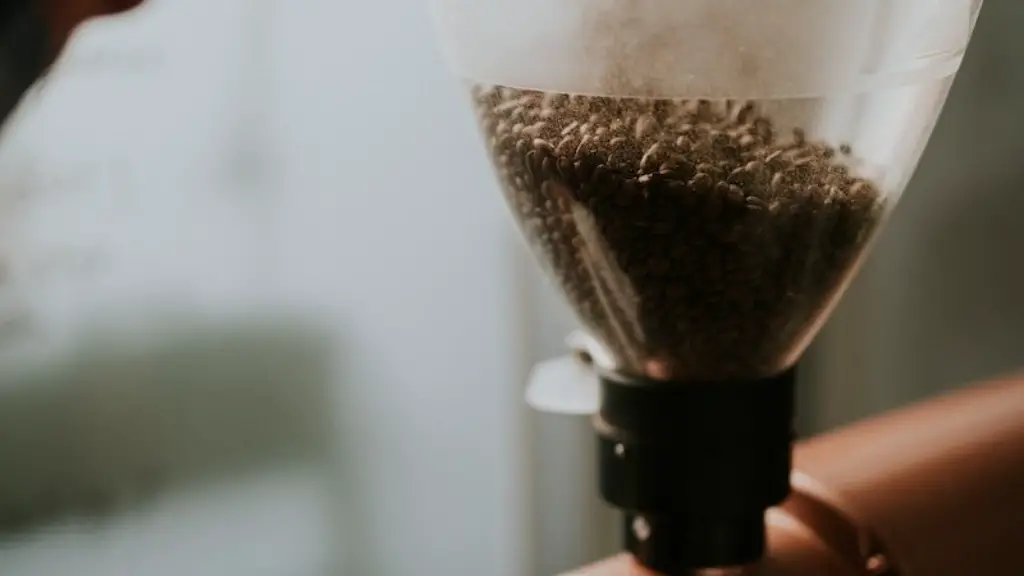Most coffee drinkers look for a full-bodied taste and enjoy adding sugar, cream, and other flavorings to develop their own “signature” coffee. But for those that are filling their teeth, can they enjoy a cup of coffee afterwards? The answer is both yes and no. Here we will discuss the reasons why someone might need to avoid coffee after a dental filling.
Before attempting to answer this question, it’s essential to understand what happens when you receive a dental filling. Essentially, during a normal dental filling procedure, the dentist drills away the decayed portions of the enamel of the teeth and replaces it with an inert material such as gold, silver amalgam, or composite resin. This procedure is completed to stop the further decay of the tooth and to prevent it from becoming abscessed. In most cases, the dental filling is able to last between 10 to 15 years, but this all depends on the patient’s dental health.
Now, the reason that someone may need to avoid coffee after receiving a dental filling is primarily due to the acidic nature of the drink. Numerous studies have shown that the high acid content of coffee can cause the tooth to corrode faster, which is why a lot of people are recommended to avoid coffee immediately after having a filling placed. Additionally, the high caffeine content found in coffee can also be an aggravating factor since caffeine can cause a person’s teeth to be sensitive.
On the other hand, if the filling is not particularly loose or the tooth does not end up being overly sensitive, then the patient should be able to drink a cup of coffee. Nonetheless, it is important to keep in mind that in most cases, a moderate to heavily sugared coffee is greatly discouraged as the sugar can cause tooth decay as well. However, if the patient is able to find a low sugar or low acidity type of coffee, then it should be okay to consume.
Moreover, there are also some dentists that recommend their patients to rinse with a mouthwash before and after drinking coffee in order to prevent any potential damage to the teeth. This is due to the fact that the mouthwash can help to neutralize the acidic nature of the coffee and thus, can prevent any deterioration of the dental filling.
Overall, it is important to note that drinking coffee after receiving a dental filling can be okay if done in moderation. The key is to make sure that you find a low sugar and low acidity coffee and to make sure to rinse your mouth before and after drinking the coffee in order to help protect the filling. If the patient is able to do this, then there should be no problem.
The Nutritional Benefits of Coffee After Filling
For those who choose to still drink coffee even after receiving a dental filling, there can be some actual nutritional benefits to doing so. Despite its acidic content, coffee contains essential vitamins and minerals that help to keep the body healthy. For example, coffee contains magnesium, which is an essential mineral needed for proper bone health and muscle function. Additionally, coffee also contains vitamin B2 or riboflavin, which helps to convert food into energy for the body, and potassium, which helps to regulate blood pressure.
In addition to the vitamins and minerals, coffee also contains antioxidants, Polyphenols, and Chlorogenic Acids which all have the potential to help reduce the risk of certain types of cancer, heart disease, and type-2 diabetes. Additionally, coffee also helps to improve mental alertness and can increase energy levels.
Therefore, despite the potential risks associated with drinking coffee after receiving a dental filling, there are also some potential benefits as well. It is important to note though, that drinking coffee (or any other acidic drink such as soda) should always be done in moderation in order to avoid any potential negative effects on the dental filling.
The Costs of Filling
The cost of dental fillings are not cheap and can be quite costly depending on the patient’s situation. For example, the cost for composite resin fillings range from $90 to $250 or more, based on the size, location, and extent of the damage. Metal fillings are typically more expensive, but can also last up to 15 years.
Additionally, depending on the patient’s dental insurance, part – or all – of the filling cost may be covered. For those without insurance, it is important to shop around for the best price. Also, there are numerous dental clinics that offer discounts or special promotions for their services.
Overall, dental fillings can be quite costly and it’s important to find a dentist who has the best prices and can offer a good quality service.
Alternatives to Coffee After Filling
Although coffee is often the beverage of choice in the morning, it may not be possible to consume it after receiving a filling due to its acidic nature. Fortunately, there are numerous other beverages that one can drink in order to start the day with a jump in energy. Furthermore, some of these beverages may actually be much better for one’s teeth than coffee.
For example, herbal tea is one such alternative. Herbal tea offers the same energizing boost as coffee, but without the acidic content. Additionally, some teas such as green tea also contain antioxidants that can help reduce the risk of certain types of cancer and heart disease.
Other non-caffeinated beverages that can be consumed as a replacement for coffee include hot chocolate, cocoa or soy milk, and nutrient-fortified smoothies such as acai berry or strawberry banana. All these beverages can provide the body with essential nutrients and vitamins that can help keep the body healthy and energized.
In the end, there are numerous alternatives to drinking coffee after receiving a dental filling that can provide the body with the same energizing boost, but without the potential damaging effects to the filling. Ultimately, it’s all about finding the right balance and sticking to it.
Potential Expenses After Filling
Although the initial cost of the filling can be expensive, there may be additional expenses down the line after a filling. This is due to the fact that if the patient does not take good care of their oral hygiene, then the filling may need to be replaced after some time.
For example, if the patient does not brush and floss regularly, then the area that the filling was placed can develop a cavity or begin to decay. This will require another appointment with the dentist and the filling will need to be replaced.
Additionally, if the patient chooses to drink a heavily sugared coffee or other sugary foods, then the tooth of the filling can become decayed and will need to be replaced due to the erosive nature of the sugar. In this case, the patient may need to pay more money to have the filling redone.
Therefore, it is important to take good care of one’s oral hygiene in order to ensure their dental fillings last as long as possible. Not only can this help to reduce any future expenses, but it can also help to keep the teeth healthy and strong.
Conclusion
To conclude, coffee can be consumed after having a dental filling as long as it is done in moderation and without any added sugar. Additionally, it’s important to keep an eye on the ingredients of the coffee to ensure that the acidity and sugar content is low. Finally, it is important to understand the potential costs associated with getting a dental filling in order to help reduce any future expenses.
